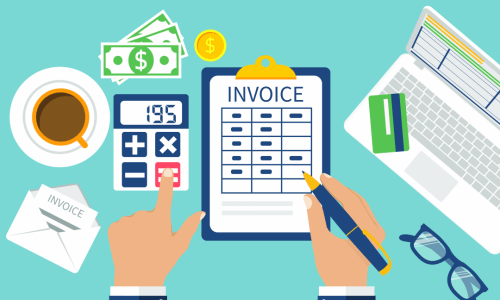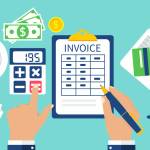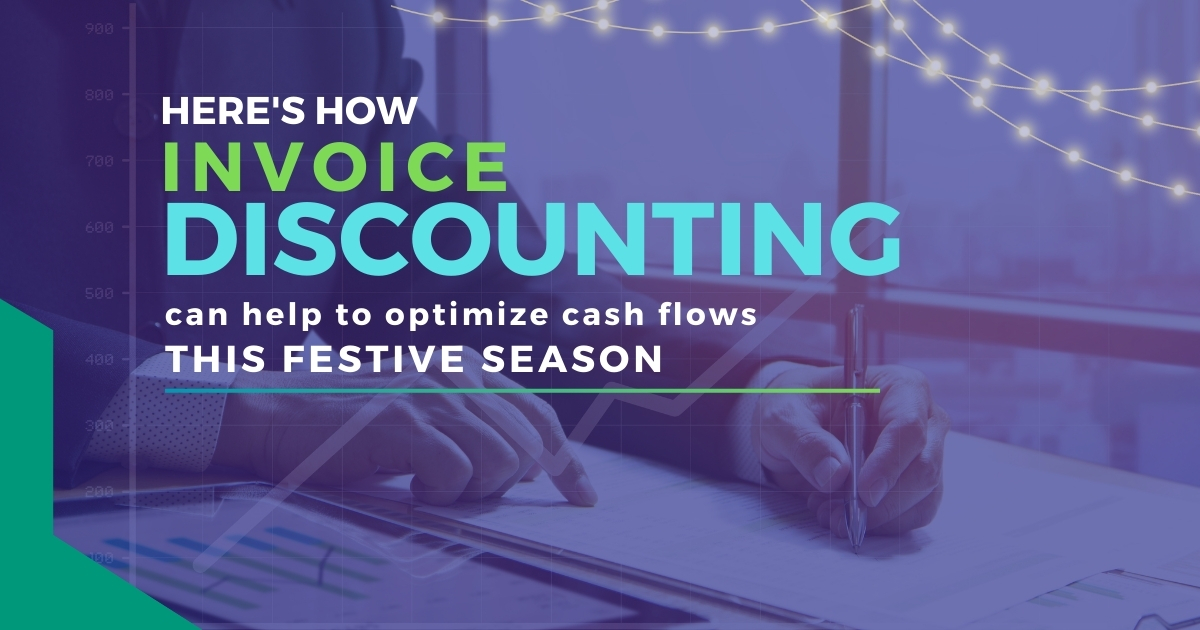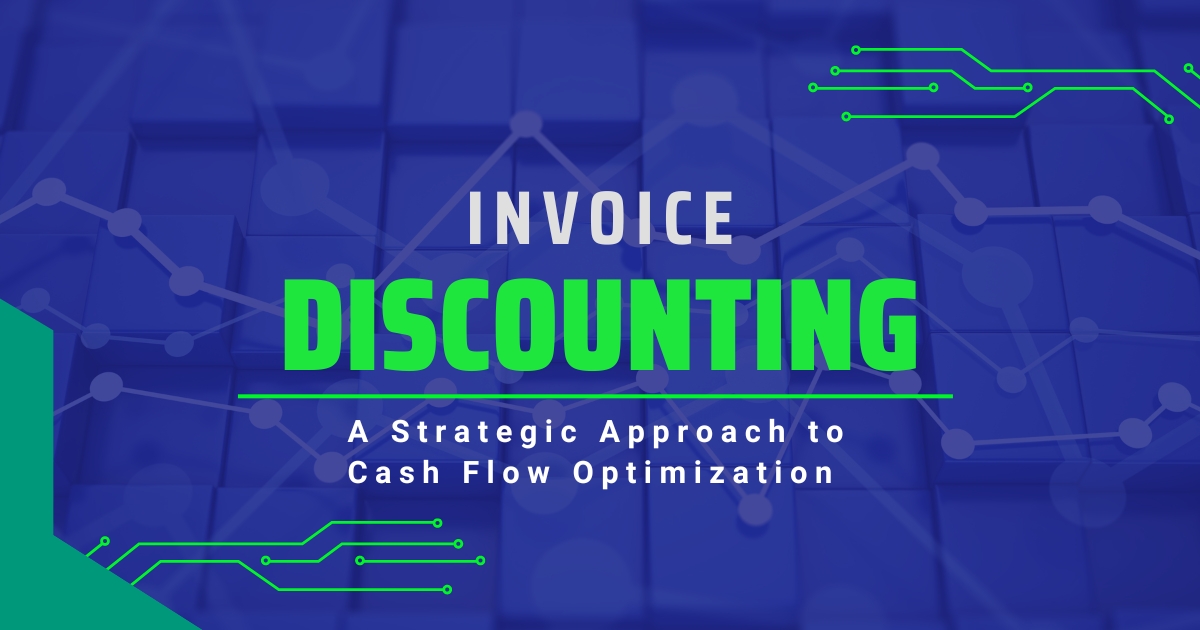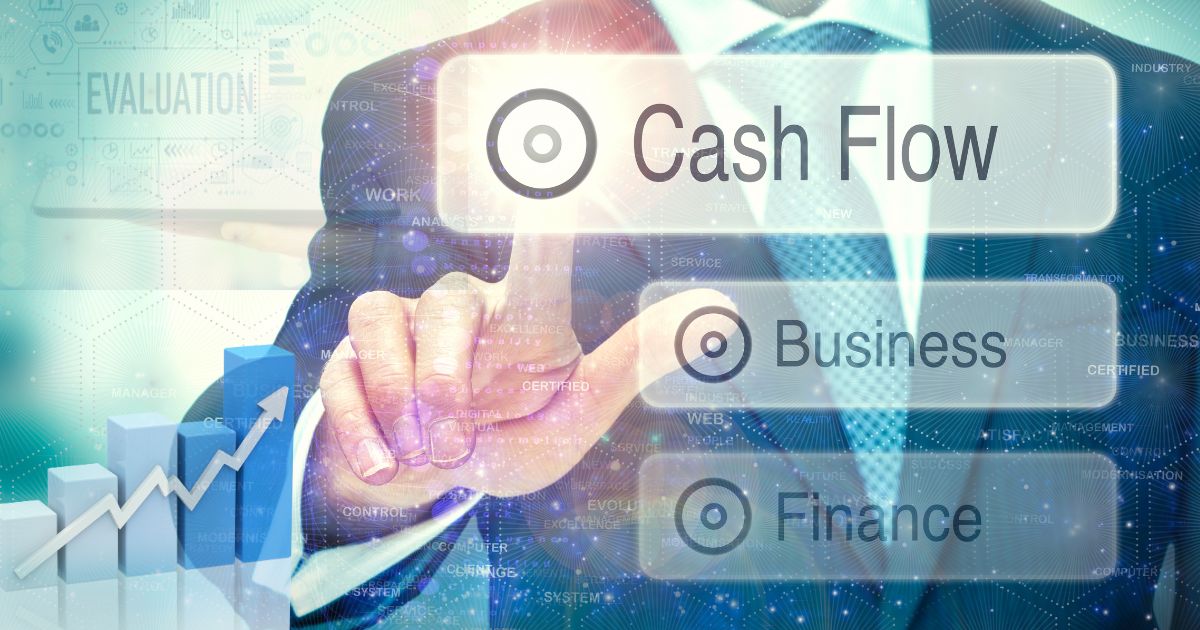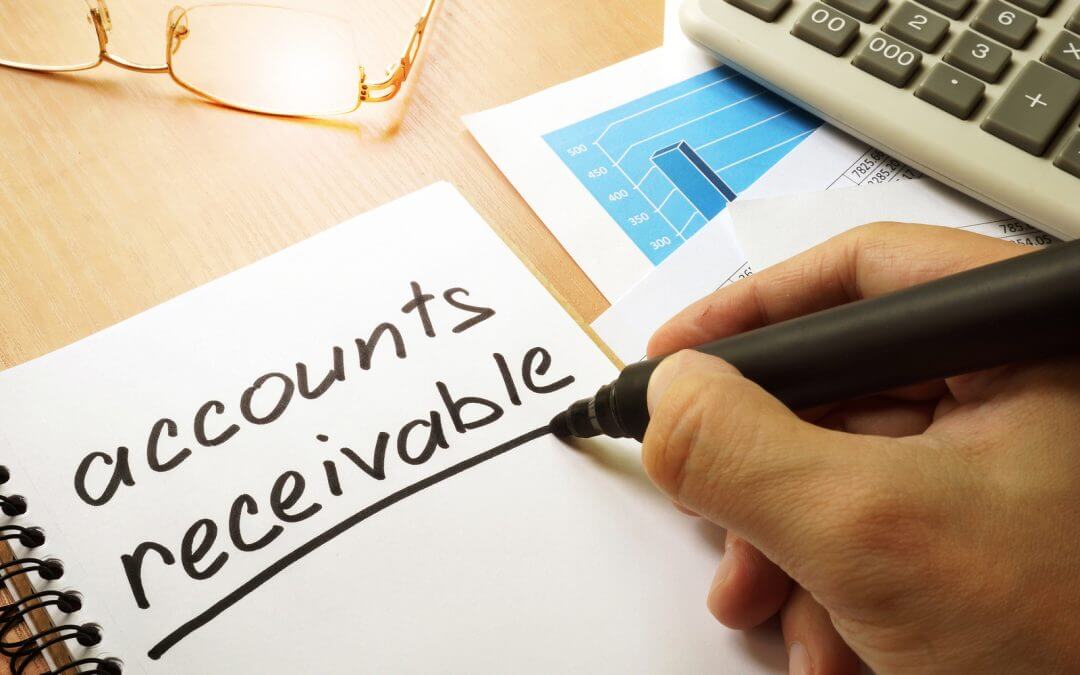
Unsecured Invoice Financing vs. Unsecured Business Loans
- Livfin
- December 13, 2018
- Invoice Financing
- Unsecured Invoice Financing, Unsecured Invoice Financing vs. Unsecured Business Loans, What is unsecured invoice financing
- 0 Comments
If you are a small business owner in India, you may have felt the need for availing institutional business finance at one time or other. However, if you managed to secure a business loan or not is an entirely different matter.
Despite the recent progresses in the business-friendly environment in the country, business finance remains a critical issue for SMEs in the country. Banks are struggling with an NPA crisis and private money lending has been brought to a standstill by the government’s decision to demonetize the high-value currency back in 2016.
Currently, there are very few avenues left for a small business owner to avail quick business finance in India. Banks as usual are slow and overly cautious in approving business loans above 10 lakhs which has further complicated matters for commercial borrowers. However, an alternative is fast-emerging for unsecured business loans in India, called unsecured invoice financing.
What is Unsecured Invoice Financing?
Unsecured invoice financing allows a small business owner to collateralize his/her approved but unpaid invoices to get a very short-term business loan. This loan can be used to streamline cash flow and manage working capital in the short-term. Since the loan value is equal to or less than the due invoice value, it allows a business to operate without a debt burden.
The loan terms dictate repayment on the invoice due date, hence, the business becomes debt-free once the invoice payment is made by the buyer.
Also Read: What is Unsecured Supply Chain Finance?
Difference between Unsecured Invoice Financing and Unsecured Business Loans
Factor | Unsecured Invoice Financing | Unsecured Business Loans |
|---|---|---|
| Type of Finance | Very short-term business finance that gives immediate relief to a business in need of working capital infusion. | Short-term or medium-term finance that can put prolonged pressure on working capital managers. |
| Ease of Finance Acquisition | Easier to get approved since the onus of credibility resides largely with the commercial customer/invoice issuer. | Requires long due diligence procedures which can take up to 2 weeks or more. |
| Ease of Debt Servicing | Very easy to service as the loan value is equal to or less than the value of collateralised invoice. The borrower can repay the loan in full as soon as the invoice amount is received from the buyer/invoice issuer. | Requires careful management of funds and provisioning for equated monthly instalments (EMIs) for the duration of the business loan. |
| Effect on Credit Rating | Allows rapid increase in credit rating due to the very short-term nature of the repayment window. | More gradual and slow increase in credit rating as the lenders report repayments as per the EMI schedule. |
| Assets as Collateral | Client-approved invoices act as the collateral, hence negating the need for putting up valuable company assets as security. | Does not require a collateral, however, loan approvals become equally difficult to get due to the unsecured nature of the finance. |
| Accrued Interest | A fee is applicable for the approval and disbursal of unsecured invoice financing, which is deducted from the principal loan amount at the time of disbursal. | Unsecured business loans usually come with higher interest rates for small and medium businesses. |
| Repayment Policy | Zero-prepayment charges / foreclosure penalties | A processing fee and penalty is usually applicable in order to make up for the loss of interest. |
Also Read: The Pros and Cons of Invoice Financing for SMEs
LivFin offers easy invoice financing in India for SMEs with commercial clients. To know more about our purchase invoice financing and sales invoice financing products, contact us at care@livfin.com.
Also Read: Difference between Supply Chain Finance and Trade Finance

